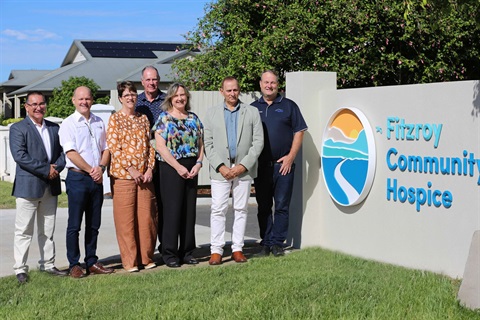Immutep (ASX:IMM) has reported positive results from a clinical trial of its LAG-3 immunotherapy in combination with MSD’s PBS-listed anti-PD-1 therapy KEYTRUDA (pembrolizumab).
The company said the combination, without chemotherapy, achieved positive initial overall survival results as a first-line treatment for non-small cell lung cancer.
In a statement, Immutep said the 25-month overall survival “compares favourably” to reported historical results for patients treated with anti-PD-1 monotherapy or combinations of an anti-PD-1 with chemotherapy or with anti-CTLA-4.
According to Dr Martin Forster of the UCL Cancer Institute and University College London Hospital NHS Foundation and trial Investigator, “These initial overall survival results from the TACTI-002 trial are clinically meaningful and build upon the strength of the efficacy data emerging from this exciting novel investigational combination of efti with pembrolizumab.
“Importantly, the favourable safety profile of this immunotherapy regimen has continued, and to see these deep and durable responses without any additional toxicity from what would be expected from anti-PD-1 monotherapy is very encouraging.”
“Efti’s clinical results achieved to date in combination with pembrolizumab are increasingly robust and continue to justify the attention given to this novel IO-IO combination through invitations to make oral presentations at two prestigious conferences, ASCO and SITC, last year,” said Immutep CEO Marc Voigt.
“We now are showing excellent initial overall survival, which is the gold standard benchmark within oncology, across the entire intent-to-treat population of 1st line NSCLC patients in our Phase II trial.
“For non-small cell lung cancer patients with >1% PD-L1 expression, a key focus for future development and for which efti in combination with pembrolizumab has Fast Track status, the survival benefit is impressive. We look forward to presenting more mature data at a major medical conference later this year.”






